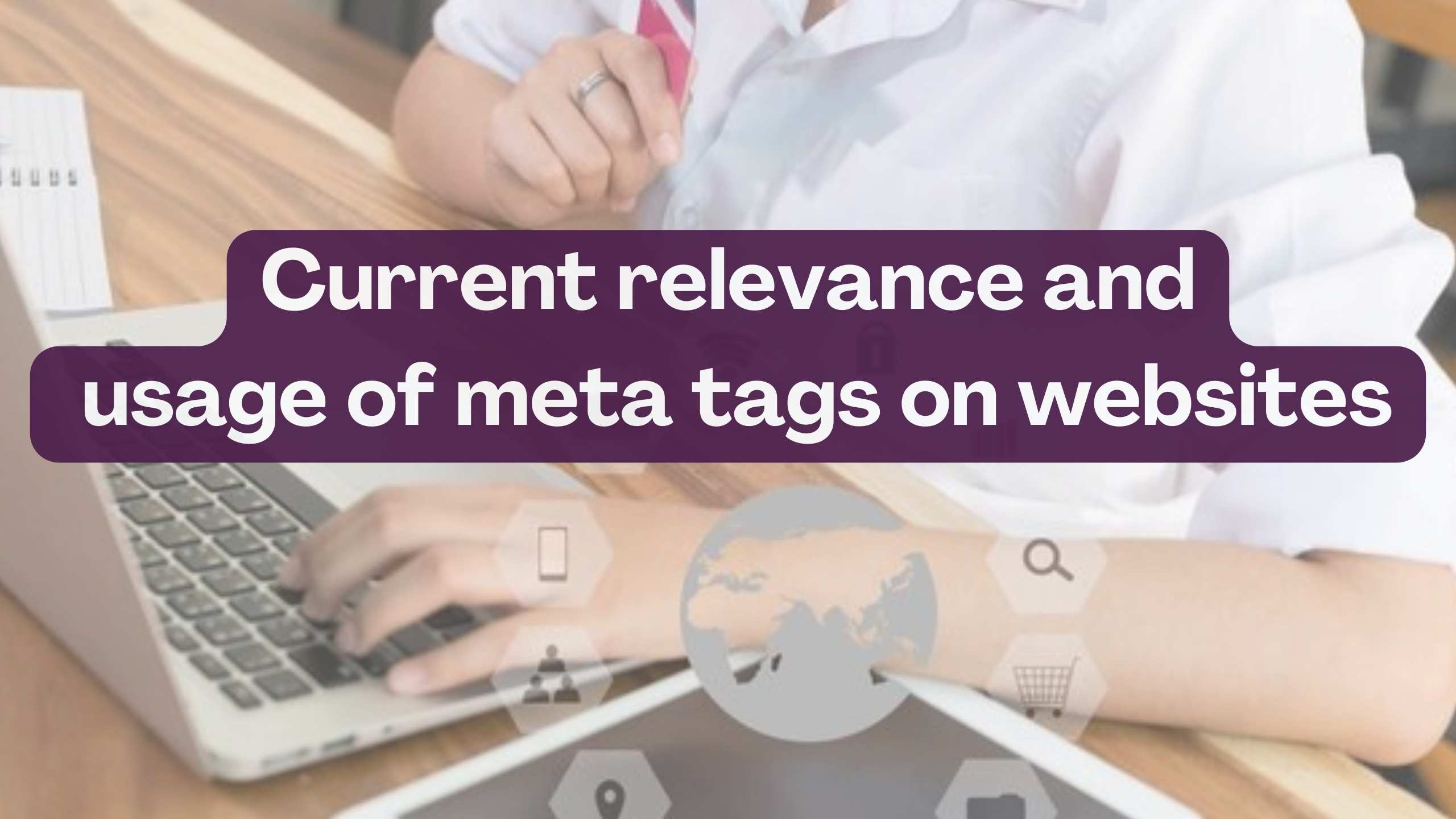Current relevance and usage of meta tags on websites
- WebOps Platforms Bug Tracking & Feedback Software Web Development & Design


The Evolving Landscape of Meta Tags: Current Relevance and Usage
In the dynamic realm of web development and SEO, the role of meta tags has undergone significant transformations. Understanding the current relevance and usage of meta tags on websites is pivotal for anyone navigating the intricate path of digital marketing. This article delves deep into the importance of meta tags, dispelling myths, and showcases a selection of SaaS products that can redefine your meta tag strategy.
The Significance of Meta Tags
Meta tags, those snippets of HTML code embedded in a webpage, provide vital information about its content. While not visible on the page itself, meta tags play a pivotal role in search engine optimization, social media sharing, and browser behavior.
Why Do Meta Tags Matter?
- SEO Optimization: Meta tags, encompassing title and description tags, significantly contribute to on-page SEO, influencing search engine rankings.
- Enhanced Click-Through Rates: Crafted thoughtfully, meta tags entice users to click on your link by offering a concise preview of the content.
- Social Media Engagement: Meta tags dictate how content appears when shared on platforms like Facebook, Twitter, and LinkedIn, profoundly influencing social engagement.
Debunking Myths: The Continued Relevance of Meta Tags
One prevailing question echoes across search engines: “Do websites still use meta tags?” The unequivocal answer is yes. While their impact may have evolved, meta tags remain integral to a holistic SEO strategy.
Unlocking the Power of Meta Tag Optimization
To streamline your approach to meta tag management and optimization, consider incorporating the following SaaS tools into your workflow.
1. Yoast SEO
- Yoast SEO is a WordPress plugin that revolutionizes meta tag optimization. Offering a user-friendly interface, it provides real-time content analysis, making crafting SEO-friendly titles and descriptions a breeze.
2. SEMrush
- SEMrush goes beyond conventional SEO tools, presenting a comprehensive suite for keyword research, backlink analysis, and, crucially, on-page SEO, including meta tag optimization.
3. Moz
- Moz offers a suite of SEO tools, including features that aid in crafting effective meta tags. With insights into keyword usage and competition, Moz helps fine-tune your meta tag strategy.
Conclusion: Navigating the Meta Tag Landscape
In conclusion, meta tags continue to play a pivotal role in web optimization. Crafting compelling titles and descriptions, ensuring proper tag structure, and leveraging the right tools can profoundly impact your online visibility and user engagement. For a deeper dive into optimizing your website’s SEO strategy, explore exclusive deals and expert recommendations on Subscribed.FYI. Sign up today to access a wealth of information that can elevate your digital marketing efforts.
Relevant Links:








